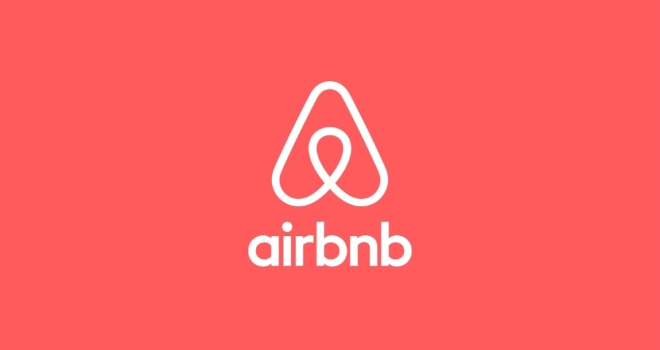
"Beyond the obvious loss of revenue for Airbnb, there is a danger that by de-listing hosts who reach the 90-day cap it will cause a sudden supply shortage"
The study, by the Airbnb concierge service My Property Host, analysed data from the nearly 50,000 London properties let through Airbnb over the past two years.
In that time the number of properties listed on the homesharing site has grown dramatically (at an average of 136% a year), from barely 9,000 in January 2015 to 49,000 now – making London Airbnb’s second biggest market.
Yet guest bookings have risen rapidly along with supply, with both occupancy levels and average prices broadly tracking each other through seasonal peaks and troughs.
But this consistency is set to be overturned later this year as Airbnb forces thousands of landlords to take their properties off the site – and the resulting supply shock is likely to trigger a spike in prices.
The reason is Airbnb’s decision to enforce a law which prevents owners from letting out an entire property to short-term guests for more than 90 days a year without planning consent.
Roughly 25,000 – just over half – of the London properties currently listed on Airbnb are entire homes. Last year Airbnb revealed that nearly 5,000 of them had been let out for longer than the 90-day annual limit.
Airbnb’s rule came into force at the start of January, meaning the first landlords could hit the 90-day cap in April. But many more are likely to reach the limit – and be kicked off Airbnb – just as the peak summer tourist season begins.
Elena Lopez, My Property Host managing director, comments: “Airbnb deserves praise for doing its bit to ensure London landlords don’t flout the law. But in forcing thousands of hosts to comply with the 90-day rule, it is also risking unintended consequences.
Beyond the obvious loss of revenue for Airbnb, there is a danger that by de-listing hosts who reach the 90-day cap it will cause a sudden supply shortage.
While it’s likely that some unscrupulous landlords will seek to let their property for longer through Airbnb’s rivals, their share of the market is small by comparison. In previous years, consistent rises in both demand and supply of properties have kept Airbnb prices relatively stable, but 2017’s supply shock could hit hard and significantly drive up prices.
While the weak Pound has made London more attractive to foreign visitors, a sudden shortage of guest accommodation on Airbnb risks making the capital lose its tourist edge at just the wrong time.”





